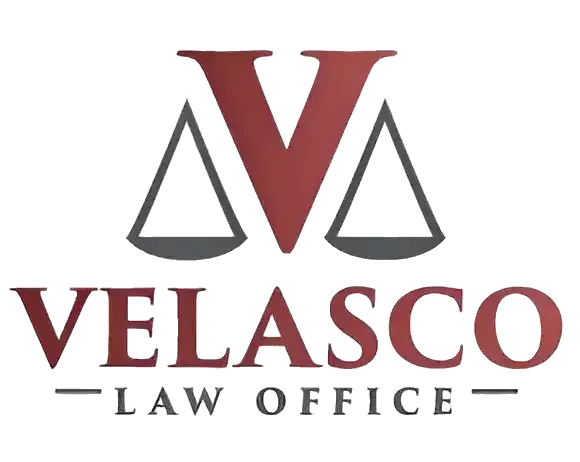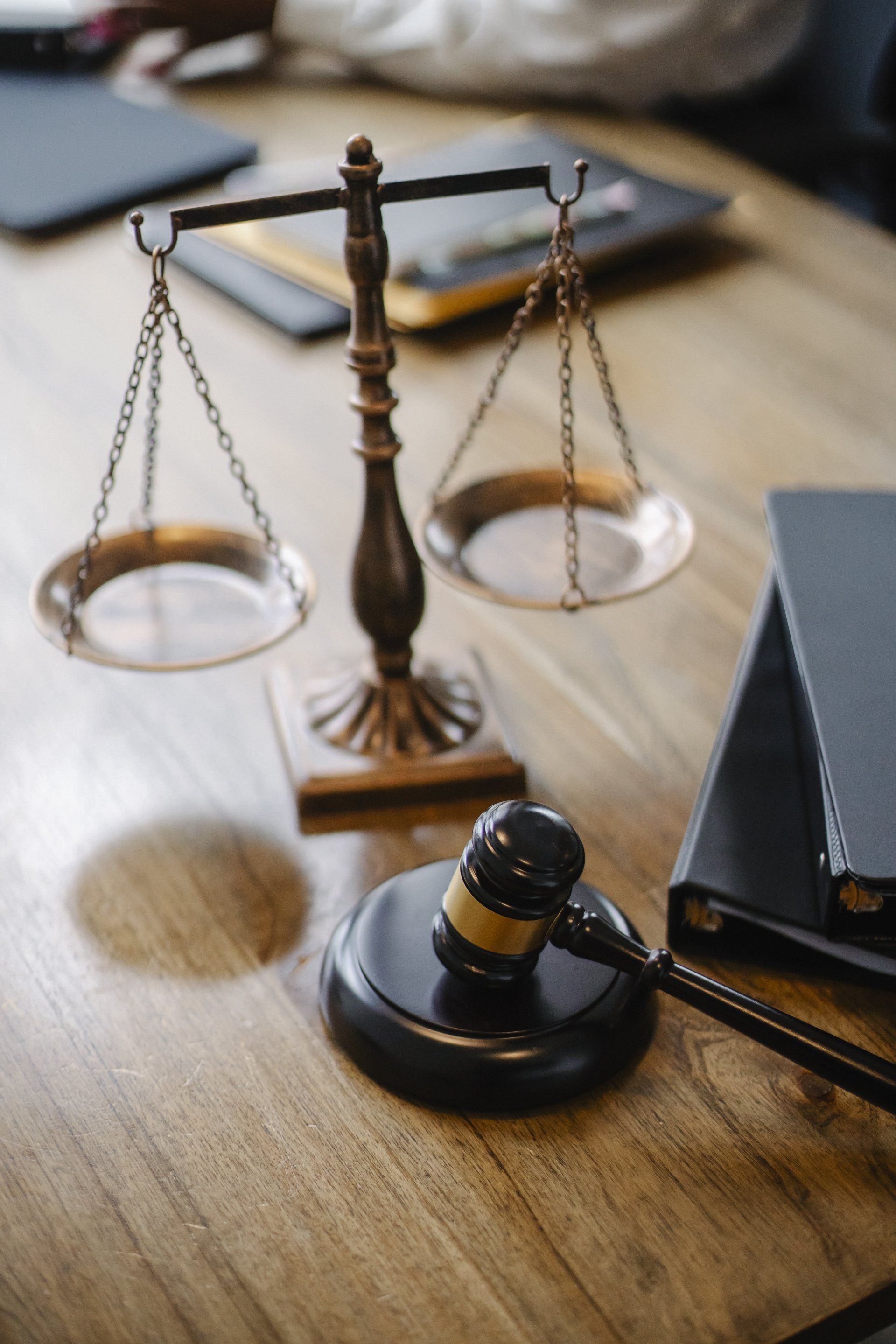What Debts Can’t Be Discharged in Bankruptcy?
When an individual is facing serious and overwhelming debt, there’s a chance they will consider filing for bankruptcy. Bankruptcy can be a great option for those who know there is no way that they will be able to repay their debts. However, many people aren’t sure of what exactly is dischargeable under the bankruptcy code and what they are still going to be held liable for.
In the United States, you are permitted to discharge debts that were acquired from credit cards, medical expenses, automobile repossessions, and more. You can even save your home from a foreclosure by filing for bankruptcy. However, it is important to be aware that there are some debts that an individual is not permitted to discharge when they file for bankruptcy. These can include student loan debt and debt from taxes. In addition, if the court has ordered you to make payments for child support, spousal support, fines for breaking the law or restitution to a victim for committing a crime against them, you may not be able to discharge them.
It is important that if you are facing serious financial instability, you consult with an experienced bankruptcy attorney who can assess your situation and determine whether bankruptcy is the right option for you. Contact the bankruptcy attorneys at Velasco Law Office for strong legal representation that can guide you through this difficult time.
Juan C. Velasco, Esq. is a trusted attorney who concentrates on bankruptcy, family law, real estate, and estate matters who has been serving the New Jersey area for over 25 years. If you are in need of experienced legal counsel, please contact Velasco Law Office and we will be happy to assist you.











